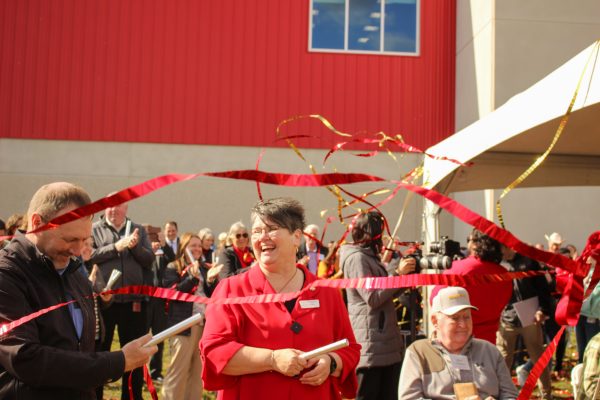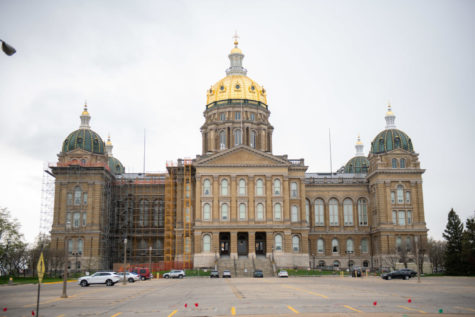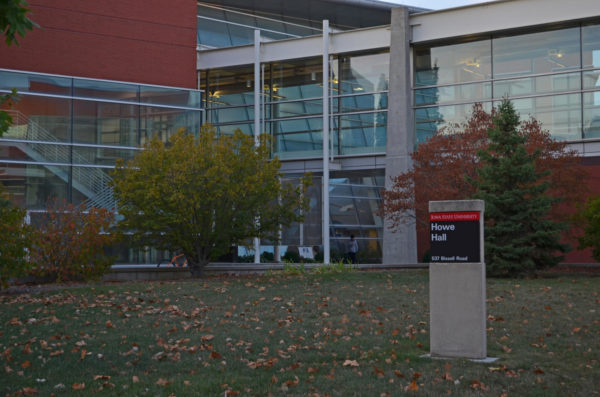Study: Low-income Iowans pay higher share in taxes
November 10, 2008
DES MOINES (AP) — A new study finds that low-income Iowans pay a bigger share of their incomes in state and local taxes than do wealthy residents.
The study by the Iowa Policy Project, a liberal Iowa City-based think tank, said that the bottom 60 percent of Iowa taxpayers pay roughly 10 percent of their income in state and local taxes.
Those in the top 1 percent, making more than $320,000 a year, pay 6.3 percent of their income in state and local taxes, the study said.
Christine Ralston, a research analyst for the group, pointed to a 10 percent cut in income taxes approved in 1998. Since then, Iowa’s state’s sales tax and cigarette tax have been increased.
“The state sales tax has doubled in the last 25 years while we have made big cuts in income tax,” said Ralston. “This is not a good tradeoff if we want a tax system that better reflects a household’s ability to pay.”
The group said it was basing its analysis on date from the Washington-based Institute on Taxation and Economic Policy.
For low-income families making less than $16,000 a year, 7.3 percent of the household income goes for sales and excise taxes. Those taxes consume 2 percent of those with household incomes about $127,000.
The report recommended that lawmakers once again expand the earned income tax credit that goes to the working poor, as well as allow local option income taxes to augment or replace local option sales taxes. It warned against any additional increases in the sales tax, which it contends is the most regressive of taxes.
During the past session, the Legislature made permanent a local options sales tax for schools that had been approved in all 99 of the state’s counties.
















